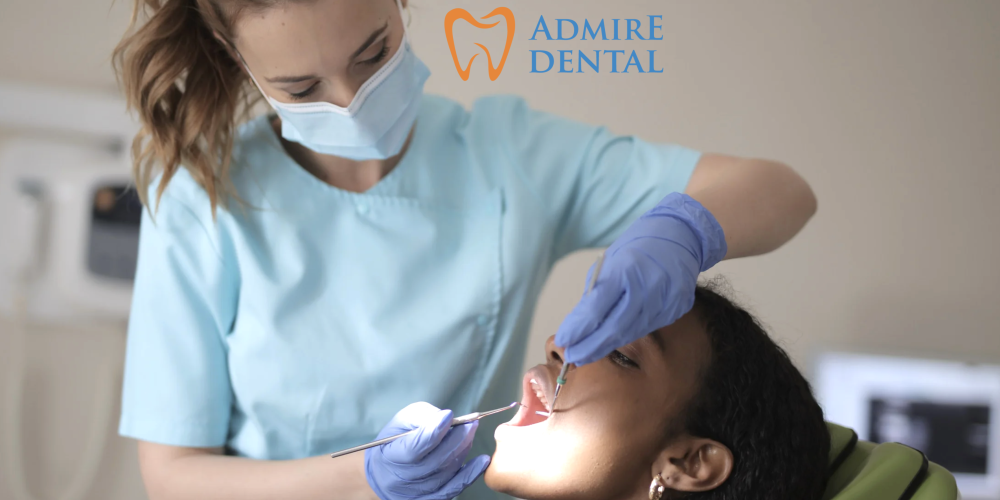Periodontal disease, otherwise known as gum disease, is one of the many issues our family dental clinic in Southgate treats. With years of experience and education, we’re more than able to help when it comes to these dental issues. In today’s article, we’ll be going over some of the more common symptoms of gum disease.
In the early stages of the disease, the infection may be minimal, or there may be no pain at all. However, the condition can lead to additional health problems if left untreated. This is where the importance of regular dental checkups and cleanings becomes vital. There are several symptoms of this condition, and knowing what they are can prevent further damage to your gums.
– Bad breath: Infected gums may have a foul smell. Chronic bad breath is also one of the signs of gum disease. Bad breath can be caused by plenty of other factors, so if this is your only symptom, don’t jump to conclusions just yet.
– Bleeding gums: Your gums can become swollen and ulcerated, or even bleed when you brush your teeth. As the disease progresses, they may begin to darken from a light pink color to a darker red color. The sooner you find out if you have periodontal disease, the sooner you can begin treatment.
– Swollen and Red Gums: During an appointment with your dentist, your hygienist will check your gums and teeth to rule out any other problems. If your gums are red, swollen, or bleeding, it is a sign of periodontal disease. The hygienist will also check for other signs of the condition and will recommend the best treatment for you. Once you have diagnosed the condition, a dentist can prescribe the best treatment for you.
Apart from bleeding gums, gum disease can be identified with other symptoms. Sensitive teeth or gums and a receding gum line can also indicate there’s a serious problem. Our family dental clinic in Southgate will also be able to diagnose the exact cause of the gum disease and recommend the appropriate treatment. A dental appointment is recommended to prevent the onset of this condition.
While gum disease can be a serious problem, it is often treatable. The best way to deal with it is to take care of yourself. It is important to brush your teeth twice a day and use a mouthwash that contains antibacterial compounds. Your dentist may prescribe certain methods to prevent gum disease down the road.
For more information on gingivitis, visit the rest of our website for a full list of services, or call our family dental clinic in Southgate today to set up an appointment. We’d be happy to answer any questions you may have.


